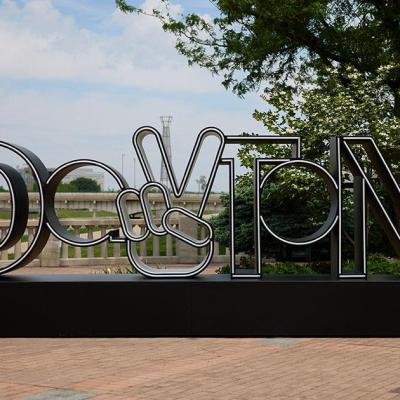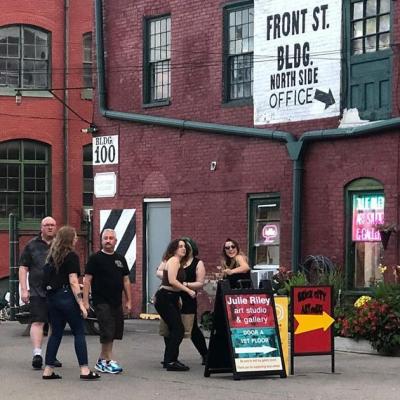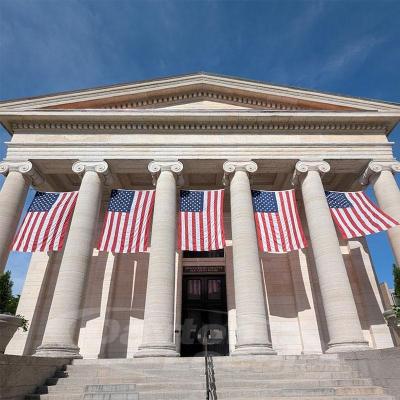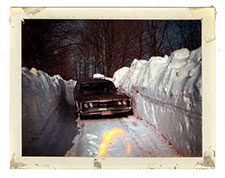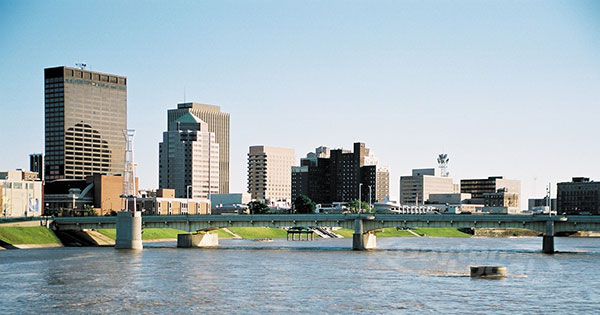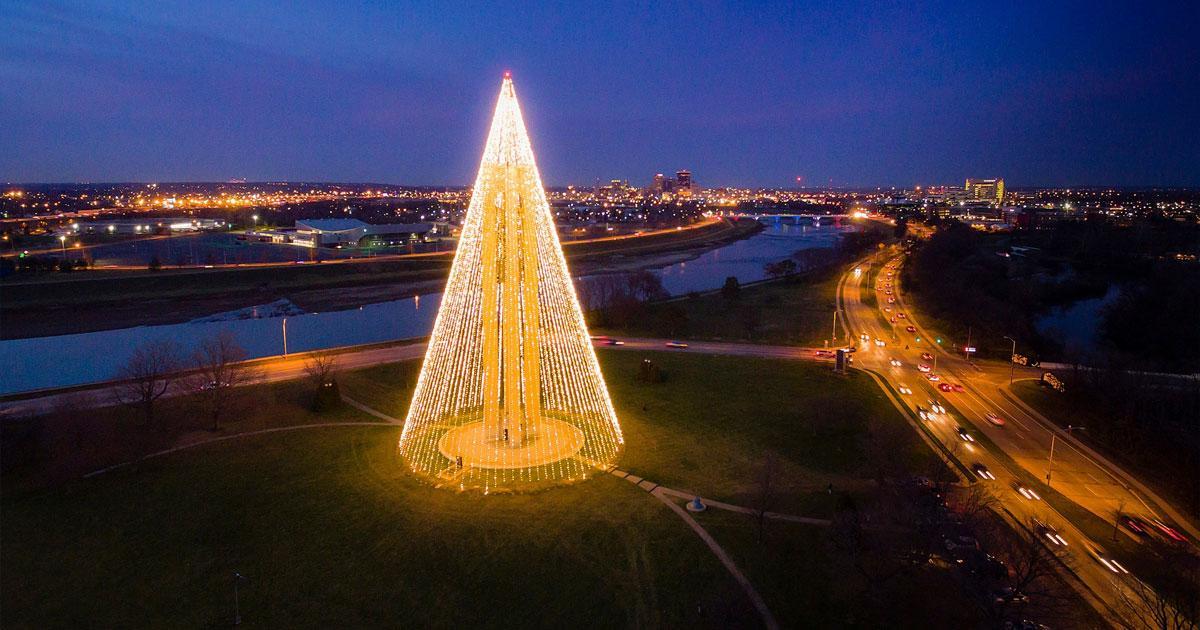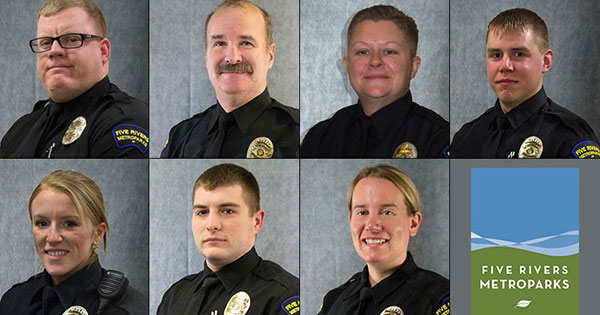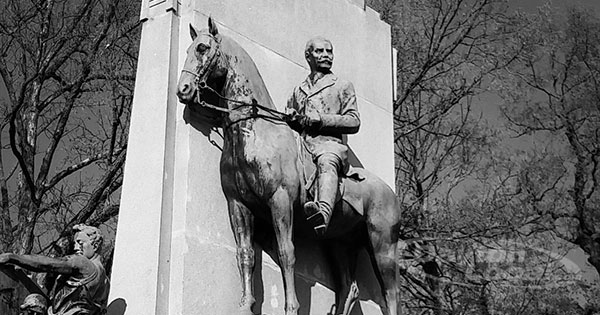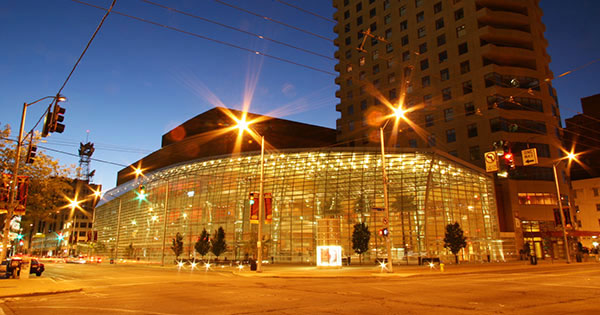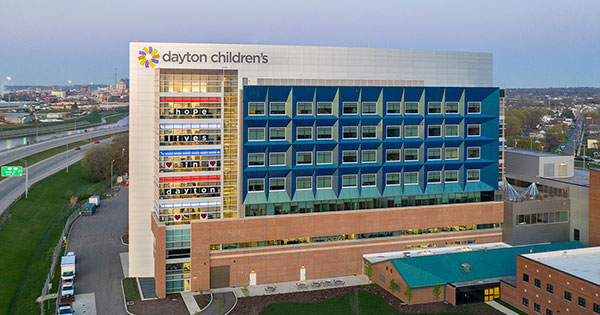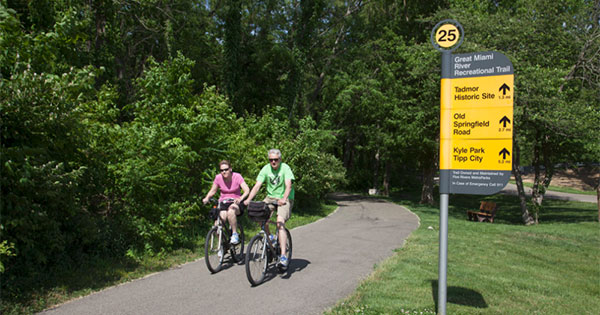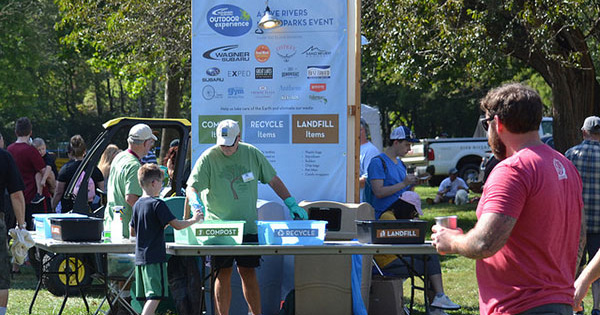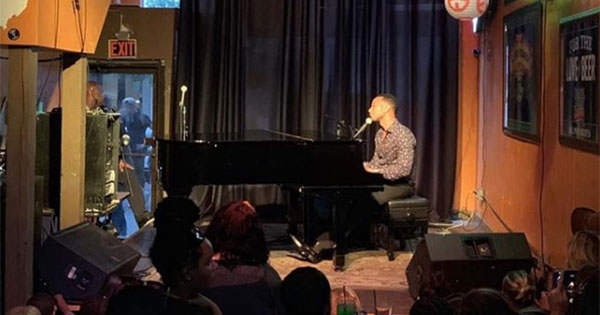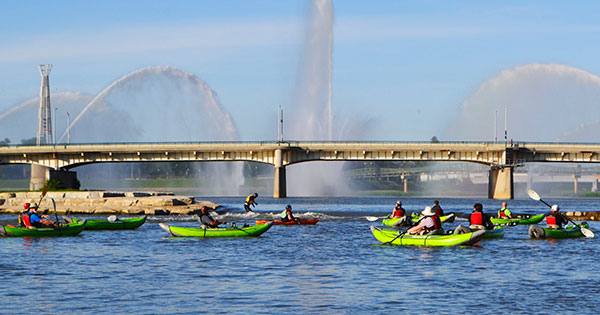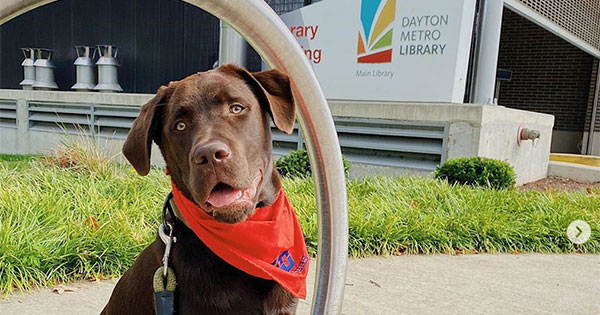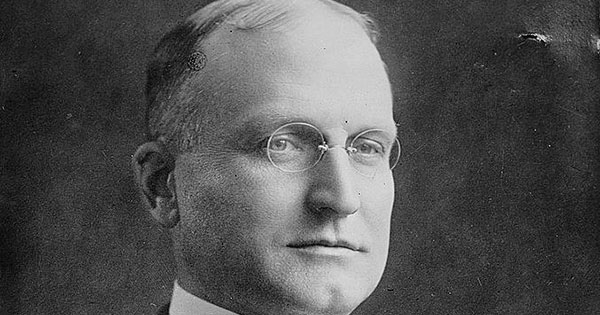
No good Deeds go unnoticed. Recognizing the accomplishments of Colonel Edward Andrew Deeds.
A Lifetime of Ingenuity: Edward A. Deeds
Nearly 60 years after his death, Edward A. Deeds accomplishments are still relevant. An inventor, engineer, and industrialist, Deeds made an impact in several areas.
Born March 12, 1874 in Granville, OH, Deeds was valedictorian of his graduating class at Dennison University. Deeds moved to Dayton in 1898 to work as an electrical engineer. The following year, he was invited to join National Cash Register (NCR) by Frank Jefferson Patterson (brother of John Henry Patterson).
Deeds hired Charles Kettering to finalize the electric cash register prototype giving birth to one of the most successful partnerships and friendships in Dayton history.
While Deeds came up with the idea, he needed Kettering’s help to put all the working parts together. The two worked nights and weekends in a barn behind Deeds’ house on an electric automobile starter. Kettering eventually resigned from NCR to devote all his time to the electric starter project. It paid off when the Cadillac Company ordered 5,000 units, and in 1909, Dayton Engineering Laboratories Company (DELCO) was formed. Deeds also left NCR in 1915 to focus on DELCO. Only a year later, they sold DELCO to United Motors (General Motors) for $9 million.
Kettering and Deeds also started the Engineers Club of Dayton together in 1914. The club’s building, on Monument Avenue, is listed on the National Register of Historic Places. In 1918, Deeds was a founding member of the Dayton Astronomical Society, the first formally organized group of amateur astronomers in the Dayton area.
After Dayton was destroyed by the Great Flood of 1913, the Conservancy District was formed to ensure the area never be destroyed by such a flood again. Deeds was the director and helped develop the dam system, still currently in use.
Deeds also established the Dayton-Wright Airplane Company along with Orville Wright. The company produced some of the aircraft used in World War I, including the DH.4 Bomber. Deeds joined the Army as a colonel and served as Chief of Aircraft Production, where he directed Army aircraft research at McCook Field/Wilbur Wright Field, the precursor to Wright Patterson Airforce Base. Deeds held the distinction of being the first person in the United States to have a private airstrip at his home, Moraine Farm.
Deeds returned to a failing NCR in 1931 and righted the ship. He retired as Chairman from NCR in 1957, passed away three years later on July 1, 1960, at 86, and is buried at Woodland Cemetery.
Deeds is memorialized at Deed’s Carillon Tower at Carillon Historical Park. Funded by his wife, Edith, the bell tower was built in 1942 to commemorate the Deeds family. With 57 bells, the Carillon is the largest in the state of Ohio.


